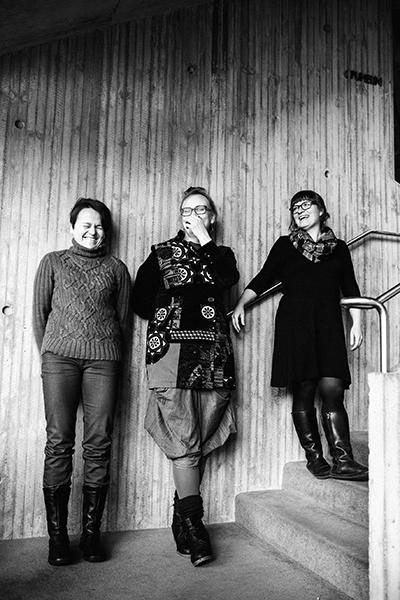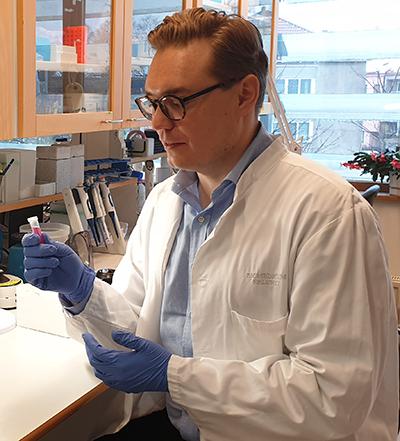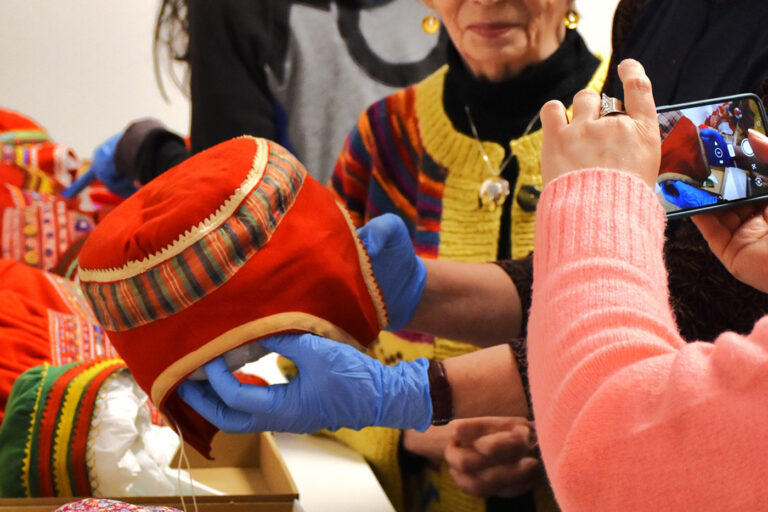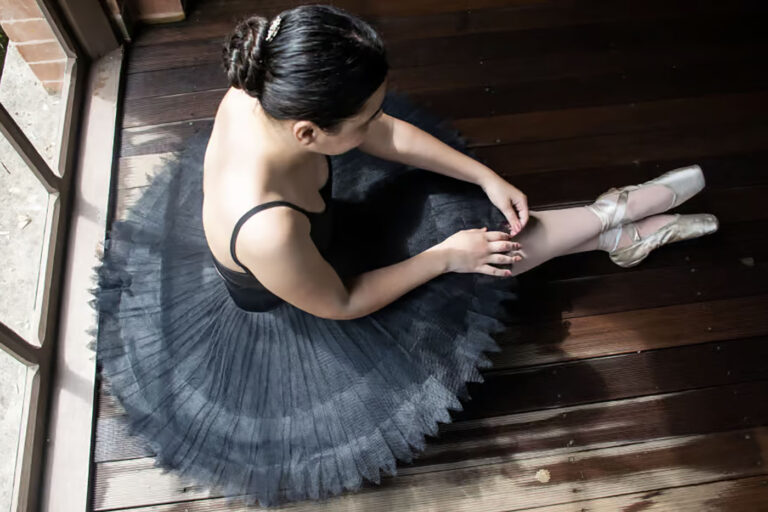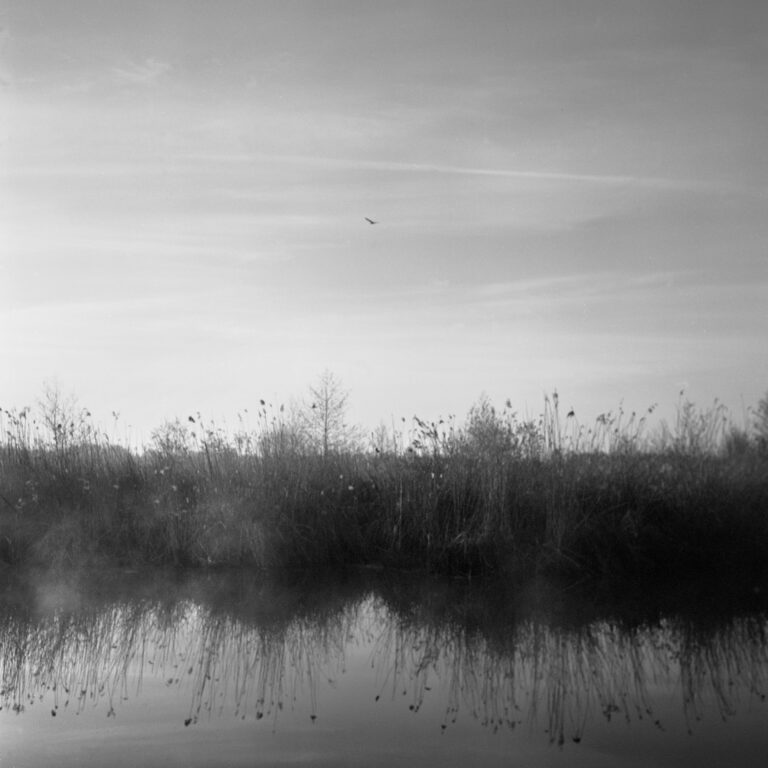The Finnish Cultural Foundation will award 39 million euros in grants, October round of applications includes more than 440 full-year grants
The Finnish Cultural Foundation is celebrating its 80th jubilee year and will award grants totalling 26 million euros through its Central Fund and almost 13 million euros through its regional funds. 1 079 grantees from the Central Fund’s October round of applications will receive their grants at the annual gala on 27 February 2019.
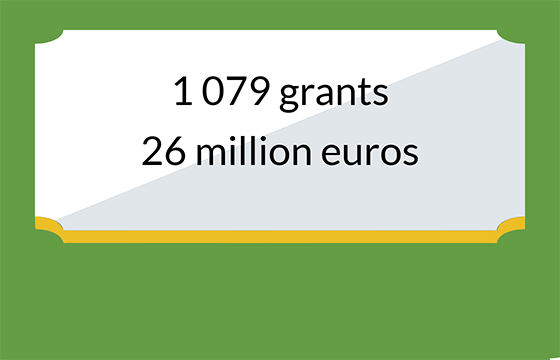
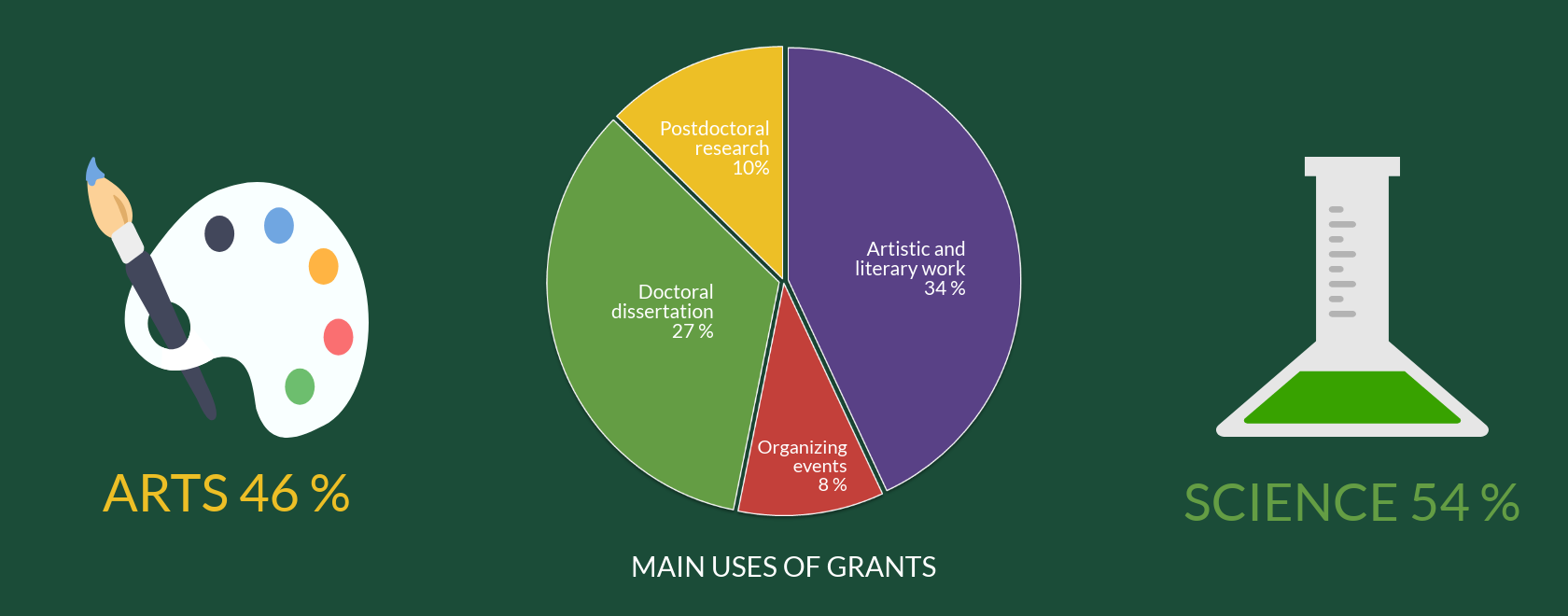
At its annual gala, the Foundation is awarding full-year working grants to 170 artists. In sciences, the number of full-year grants is 275. Altogether, the Foundation is funding 310 doctoral dissertations and 81 post-doctoral researches, and in total 410 individuals are receiving a grant for artistic work. Science comprises 54% and arts 46% of the awarded grants.
In the October round of applications, the Central Fund received a total of 8 300 applications, 13% out of which were awarded grants. Women accounted for 57% of all science applicants and 58% of grantees. In arts, the respective figures were 60% and 62%. Foreign applicants made up 11% of all applicants and 10% of the grantees.
The number of science applications fell by about 400 in comparison to 2018, and in arts there were 200 fewer applicants than the previous year.
– It is possible that interest in an academic career has declined. On the other hand, it is likely that stricter university demands on postgraduate studies are now becoming more evident to the foundations, states Jari Sokka, the Chair of the Foundation’s Board of Trustees.
The competition for the Foundation’s grants varies by field in both science and arts. In fields of science, the acceptance rates vary between 11% and 24%, in arts between 7% and 31%. The differences between the different fields result primarily from the donor funds of the Foundation, the majority of which support science. There are also donor funds available to support musical arts, such as classical singing.
– Although the numbers of applicants have decreased, the competition in most fields is still extremely tough, says Sokka.
Grants spanning the whole of Finland
Current grant recipients come from a total of 94 different municipalities. Large grants are also being awarded to different parts of Finland.
The Finnish Folk Music Institute from Kaustinen is receiving 100 000 euros to submit the Kaustinen fiddling tradition to the Unesco Intangible Heritage list. The Culture and Theatre Association Kaksikko from Tampere is being awarded 90 000 euros for a project to develop Finnish drama. The project will support professional playwrights’ artistic work and cooperation with theatres, and foster the internationalisation of a new wave of Finnish plays and authors.
The Midnight Sun Film Festival of Sodankylä is being granted 60 000 euros to update their festival cinema equipment. Central Finland Regional Opera (Keski-Suomen alueooppera ry) is receiving 55 000 euros to produce Giacomo Puccini’s La Bohème opera in international collaboration with the Rijeka opera, a part of the Croatian National Theatre.
EdD Eija Sevón and working group from Jyväskylä are being granted 200 000 euros for their study focusing on conflicts and exercise of power in children’s and young people’s domestic relationships. The aim of the study is to gain better understanding of children’s and young people’s conflicts and exercise of power and find solutions to them. The project combines means of narrative, theatre and social media in new ways.
DSSc Johanna Peltoniemi and docent Hanna Wass from Tampere are being awarded 120 000 euros for a study concentrating on increasing the political participation of Finnish emigrants. Professor Jouni Jaakkola and working group from Oulu are receiving 100 000 euros to research how the Sami people are adjusting to climate change and its effects on the Sami Culture. Professor Baoru Yang and working group from Turku are being granted 60 000 euros for a study focusing on green solutions to extract high-grade fish oil from baltic herring for human consumption. PhD Raul Hakli and working group from Helsinki are receiving 120 000 euros for their research on robots as ethical agents.
An extra million euros to medicine
In October 2018, the Foundation announced special funding of one million euros for applications on clinical studies in genomic and precision medicine, open to all branches of medicine. The funding was directed especially to young clinical researchers in the process of establishing their own research teams. The additional funding attracted a lot of interest, and the number of applicants in clinical medicine increased by 40% while the total grant sum grew six fold.
The extra million euros funds a total of five large-scale research projects. MD, MSc (econ) Emmi Helle and docent Tiina Ojala are receiving 200 000 euros to research the genetics of congenital heart disease. Structural congenital heart diseases are the most common congenital malformations, present in about one out of a hundred new-borns. The aim of the research is to discover new genetic variants and molecular-level mechanisms conducive to the development of congenital heart diseases.
MD PhD Anniina Färkkilä is likewise receiving 200 000 euros for research focusing on utilising immunologic response caused by DNA damage in the treatment of ovarian cancer. PhD Matti Kankainen and the HemaVir working group are being awarded a grant of the same size to research the role of viruses and bacteria in leukaemia and rheumatism with viral aetiology. Docent Päivi Lakkisto and working group are receiving 200 000 euros for a study concentrating on individual diagnostics of cardiovascular disease, prognosis assessment, and identifying new pharmacotherapy targets by means of transcriptomics. MD Joni Turunen and the Eye Genetics Group are receiving a 200 000 euro grant to research causal genes of rare eye diseases.
The additional funding to medicine has been made possible by the Foundation’s donor funds that support medicine.
Games – a new field for applications
In the October round of applications, games were for the first time included as a field of their own. A grant could be applied for the artistic design or for the implementation of games, and, for a game to receive funding, it was required to have artistic, cultural, or social aims. There were no fewer than 94 applications received, out of which eight were awarded grants. A full-year working grant was awarded to BA Zuzanna Buchowska to implement an interactive alt+ctrl game-installation work “Go date yourself!” and MFA Mike Pohjola for artistic work in games. BFA Vera Anttila and working group received a 24 000 euro grant to design and implement “VR Stranded”, a virtual reality game dealing with climate change.
For Cultural Equality
The Finnish Cultural Foundation is allocating over 350 000 euros to support projects that aim to promote cultural equality and improve the quality of life of people in need of special support or care by means of art. The overarching idea of these Art for Institutions projects is to carry out the work or the project at a care institution or other similar environment where the inhabitants or users have difficulties in accessing art. The Art for Institutions grant received a total of 247 applications.
The grantees for the Central Fund’s October round of applications can be found here.
